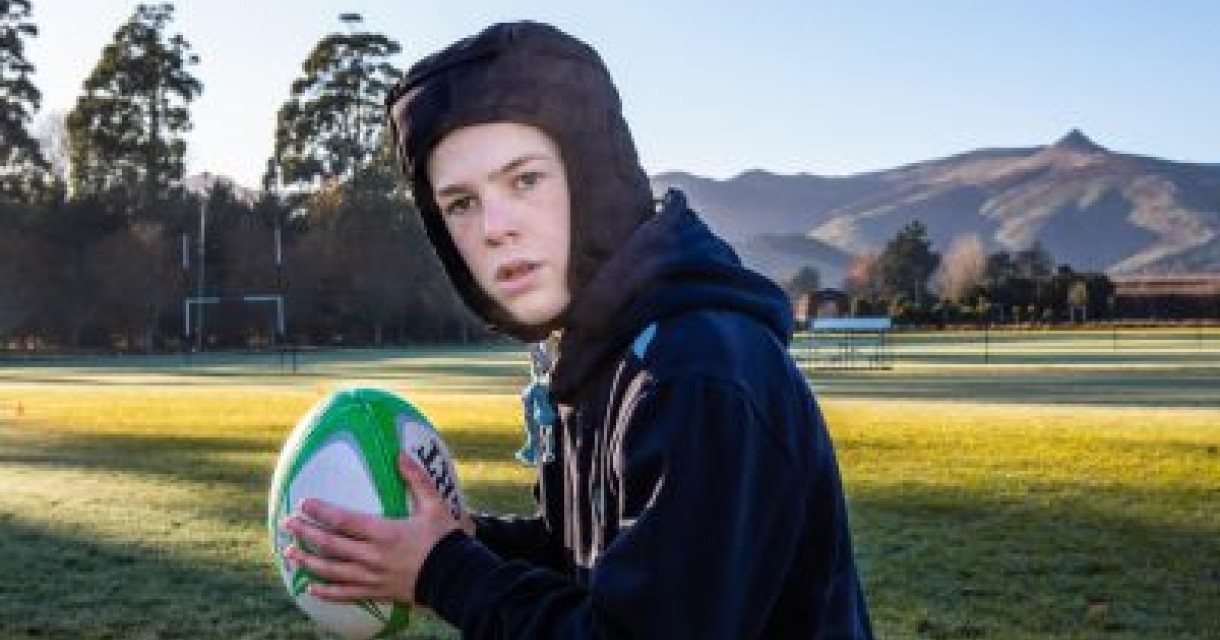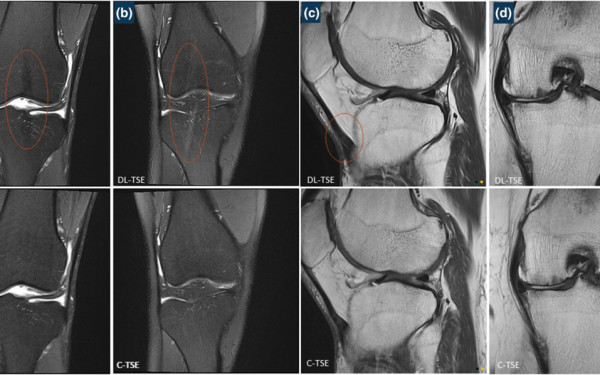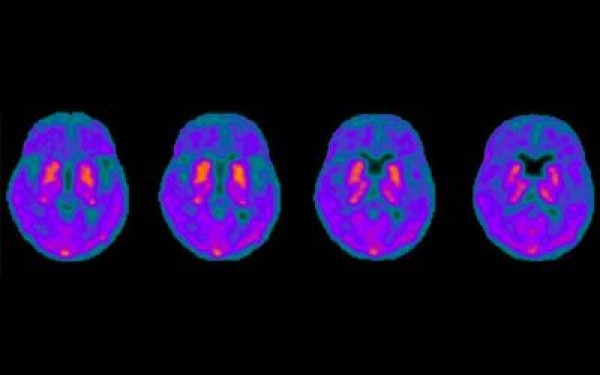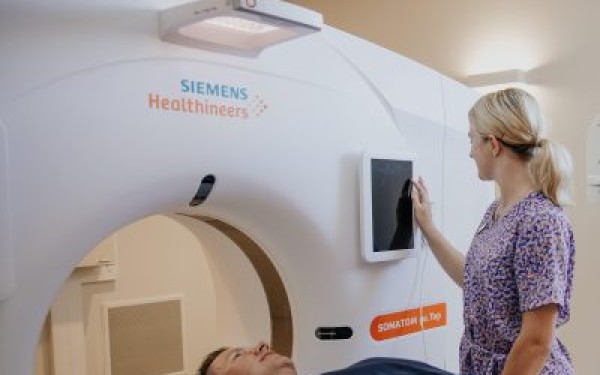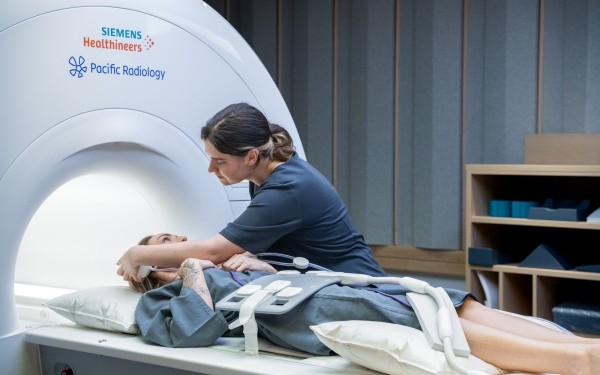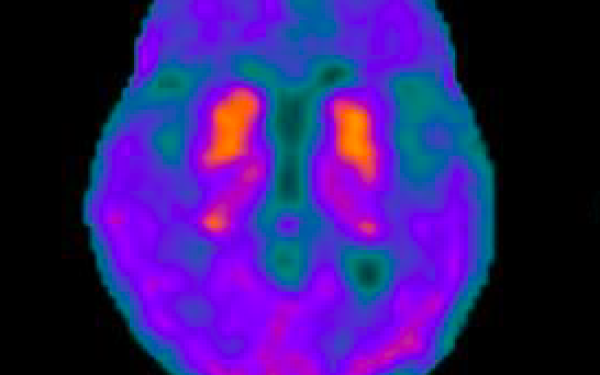Pacific Radiology and top university researchers are collaborating on a study which could have local and global implications for rugby players in New Zealand and around the world. Researchers from the University of Canterbury and the University of Otago have designed a headgear prototype to be tested on junior rugby players that will mitigate concussion, a major concern among players of New Zealand’s favourite contact sport. The study could potentially have a broad impact on the rugby landscape, making the game safer for players at all levels.
The world-leading study is taking place in our backyard, with junior rugby players trialling the headgear which combines a novel design and a new material that is compliant with world rugby regulations. The aim of the headgear is to mitigate traumatic brain injury, which takes a social and economic toll in New Zealand and around the world. In Japan, for example, headgear is already compulsory for all children on the field.
Pacific Radiology is providing access to cutting-edge MRI scanning technology to allow researchers to measure the effects of concussive events in children over the course of a rugby season, and to find out if the headgear prototype works. Symptoms of concussion include poor attention, headaches and impaired cognitive processing – and children are often the most vulnerable. The MRI technology uses state of the art techniques to detect micro-injuries in the brain, including analysing the wiring of the brain and blood flow.
International clothing manufacturer Kukri has come on board to deliver the headgear prototype, while children will wear mouthguards from HitIQ with inbuilt accelerometers to measure the severity of impact forces from collisions while they are on the field. These impact forces can then be re-created and measured in the laboratory alongside neurocognitive testing to determine the consequences of a collision and the efficiency of the headgear.
Professor Nick Draper, Sports Scientist at the University of Canterbury and the research team lead, says that if the mitigation effect in children can be replicated in adults, the study could have a global implications spanning all the way from grassroots up to the professionals including the All Blacks.
“Rugby is our national game and it’s a fantastic sport in terms of helping children develop, but collisions mean that there is a risk of head injuries. This research will be helpful for decision makers in New Zealand Rugby and around the world in terms of how we work with players in the future.”
The first stage of the MRI and rugby headgear study is on track for completion during the rugby season of 2021.
Read about Pacific Radiology's support of Brain Awareness Month.
